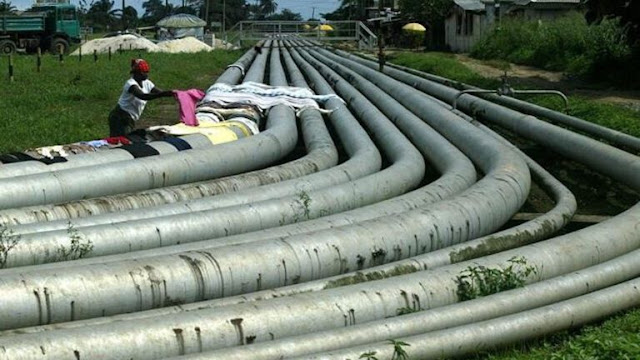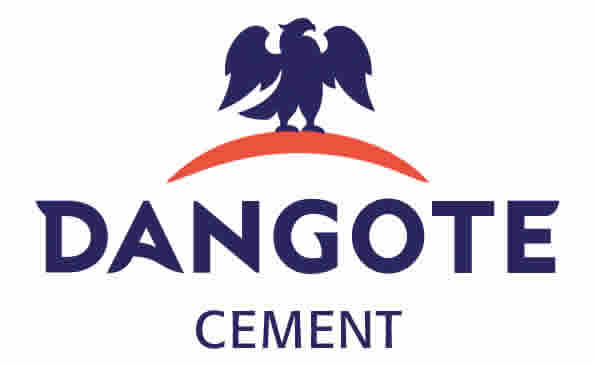The Southern Ijaw Forum (SIF), a prominent socio-cultural organization representing the interests of the Southern Ijaw Local Government Area in Bayelsa State, has issued a compelling appeal to President Bola Ahmed Tinubu to decentralize the allocation of pipeline surveillance contracts in Nigeria’s oil-rich Niger Delta region. The group’s call, articulated through a statement signed by its President, Chief Samuel Ogbuku, and Secretary, Comrade Preye Okorotie, emphasizes the need for a more inclusive and equitable distribution of these contracts to ensure fairness, foster peace, and enhance local participation in securing the nation’s critical oil infrastructure. This demand comes amid growing concerns about the concentration of surveillance contracts in the hands of a few individuals and entities, which the forum argues undermines the economic and social stability of host communities.
The Southern Ijaw Local Government Area, located in the heart of the Niger Delta, is a significant hub for Nigeria’s oil and gas industry, hosting numerous oilfields, pipelines, and other critical infrastructure. The region’s strategic importance to the nation’s economy cannot be overstated, as Nigeria relies heavily on crude oil exports for its revenue. However, the area has long been plagued by issues such as oil theft, vandalism, environmental degradation, and socio-economic marginalization, which have fueled unrest and militancy. Pipeline surveillance contracts, awarded by the federal government to private firms and local groups, are intended to curb these challenges by engaging local stakeholders in protecting oil assets. However, the SIF contends that the current structure of these contracts fails to adequately involve indigenous communities, particularly those in Southern Ijaw, leading to feelings of exclusion and discontent.
In its statement, the SIF commended President Tinubu for his efforts to address Nigeria’s economic challenges and his commitment to improving security in the Niger Delta. The group acknowledged the administration’s strides in stabilizing the oil sector, which has seen increased production in recent years due to enhanced security measures. However, the forum stressed that the centralization of pipeline surveillance contracts in the hands of a few non-indigenous firms and individuals has created a disconnect between the government’s objectives and the realities on the ground. According to the SIF, this approach has sidelined capable local groups and individuals from Southern Ijaw who possess intimate knowledge of the terrain, waterways, and security dynamics of the region.
The forum argued that decentralizing these contracts would not only empower local communities but also enhance the effectiveness of surveillance operations. “The people of Southern Ijaw are best positioned to protect the pipelines in their domain because they understand the terrain, the waterways, and the challenges of the region,” the statement read. The group emphasized that local involvement would foster a sense of ownership and responsibility, reducing the incidence of sabotage and oil theft, which have cost Nigeria billions of dollars annually. By engaging indigenous groups, the government could leverage their expertise and community networks to secure pipelines more effectively while addressing the economic grievances that often fuel unrest.
The SIF’s call for decentralization is rooted in the broader context of the Niger Delta’s complex socio-political and economic challenges. For decades, the region’s communities have demanded greater control over their resources and a fair share of the wealth generated from their land. The concentration of pipeline surveillance contracts in the hands of a few has exacerbated feelings of marginalization, particularly in Southern Ijaw, which hosts significant oil infrastructure yet grapples with widespread poverty and underdevelopment. The forum highlighted that many qualified ex-agitators, youth groups, and community leaders from the area have been overlooked in the award of these contracts, despite their proven capacity to contribute to security efforts.
The group also pointed out the economic benefits of decentralization. By awarding contracts to local entities, the government would create job opportunities for the region’s youth, who are often drawn into criminal activities due to a lack of viable economic prospects. “Involving our people in pipeline surveillance will not only secure the pipelines but also provide employment and reduce restiveness among our youths,” the SIF stated. This approach, the forum argued, aligns with the government’s broader objectives of promoting economic diversification and reducing unemployment in the Niger Delta.
Furthermore, the SIF emphasized the importance of transparency and accountability in the allocation of pipeline surveillance contracts. The group called for a clear and inclusive process that prioritizes competent indigenous groups and ensures that contracts are awarded based on merit and local relevance. The forum urged the federal government to establish a framework that allows for the participation of community-based organizations, cooperatives, and other local entities in the surveillance process. Such a framework, the SIF argued, would promote fairness and reduce the perception of favoritism that has long plagued the oil sector.
The statement also addressed the environmental implications of pipeline vandalism and oil theft, which have caused significant damage to the Niger Delta’s fragile ecosystem. Southern Ijaw, with its vast network of creeks, rivers, and mangrove forests, is particularly vulnerable to the effects of oil spills and pollution. The SIF argued that local communities, with their deep connection to the land and waterways, are best equipped to monitor and protect the environment from the impacts of illegal oil bunkering and vandalism. By decentralizing surveillance contracts, the government could empower these communities to play a more active role in environmental protection, thereby addressing one of the region’s most pressing challenges.
The SIF’s appeal to President Tinubu is not without precedent. Over the years, various groups and stakeholders in the Niger Delta have called for greater local participation in the oil and gas sector, including in security and surveillance operations. The Presidential Amnesty Programme (PAP), established in 2009 to address militancy in the region, has been a key mechanism for engaging ex-agitators and providing them with training and economic opportunities. However, the SIF noted that the benefits of such programs have not been evenly distributed, with many communities in Southern Ijaw feeling left out of the process.
The forum also drew attention to the broader implications of its proposal for national security and economic stability. Nigeria’s oil production has faced significant disruptions in the past due to militancy and vandalism, leading to substantial revenue losses. By decentralizing pipeline surveillance, the government could strengthen its partnership with local communities, fostering a sense of shared responsibility for protecting the nation’s oil assets. This collaborative approach, the SIF argued, would create a win-win situation, benefiting both the government and the people of the Niger Delta.
In its statement, the SIF expressed confidence in President Tinubu’s leadership and his commitment to addressing the challenges facing the Niger Delta. The group urged the president to consider its proposal as part of his broader agenda to promote inclusivity and sustainable development in the region. The forum also called on other stakeholders, including oil companies, community leaders, and civil society organizations, to support its advocacy for decentralized pipeline surveillance.
The SIF’s call has sparked discussions among stakeholders in the Niger Delta and beyond, with many expressing support for the idea of greater local involvement in pipeline security. Analysts argue that decentralizing surveillance contracts could help address some of the root causes of unrest in the region, including economic exclusion and lack of opportunities. However, they also caution that the process must be carefully managed to avoid creating new tensions or conflicts among competing groups.
As Nigeria continues to grapple with the challenges of securing its oil infrastructure, the SIF’s proposal offers a potential pathway to addressing both security and socio-economic concerns. By empowering local communities to take an active role in protecting pipelines, the government could build stronger partnerships with the people of the Niger Delta, fostering peace and stability in one of the country’s most critical regions. The SIF’s appeal to President Tinubu represents a call for a more inclusive and equitable approach to resource management, one that prioritizes the needs and aspirations of the people who live closest to the nation’s oil wealth.
In conclusion, the Southern Ijaw Forum’s demand for the decentralization of pipeline surveillance contracts reflects the broader aspirations of the Niger Delta’s communities for greater inclusion and empowerment. By addressing the concerns raised by the SIF, the federal government has an opportunity to strengthen its relationship with the region’s people, enhance the security of its oil infrastructure, and promote sustainable development. The forum’s proposal, if implemented, could serve as a model for community-driven security and economic empowerment, not only in the Niger Delta but across Nigeria’s diverse regions.






